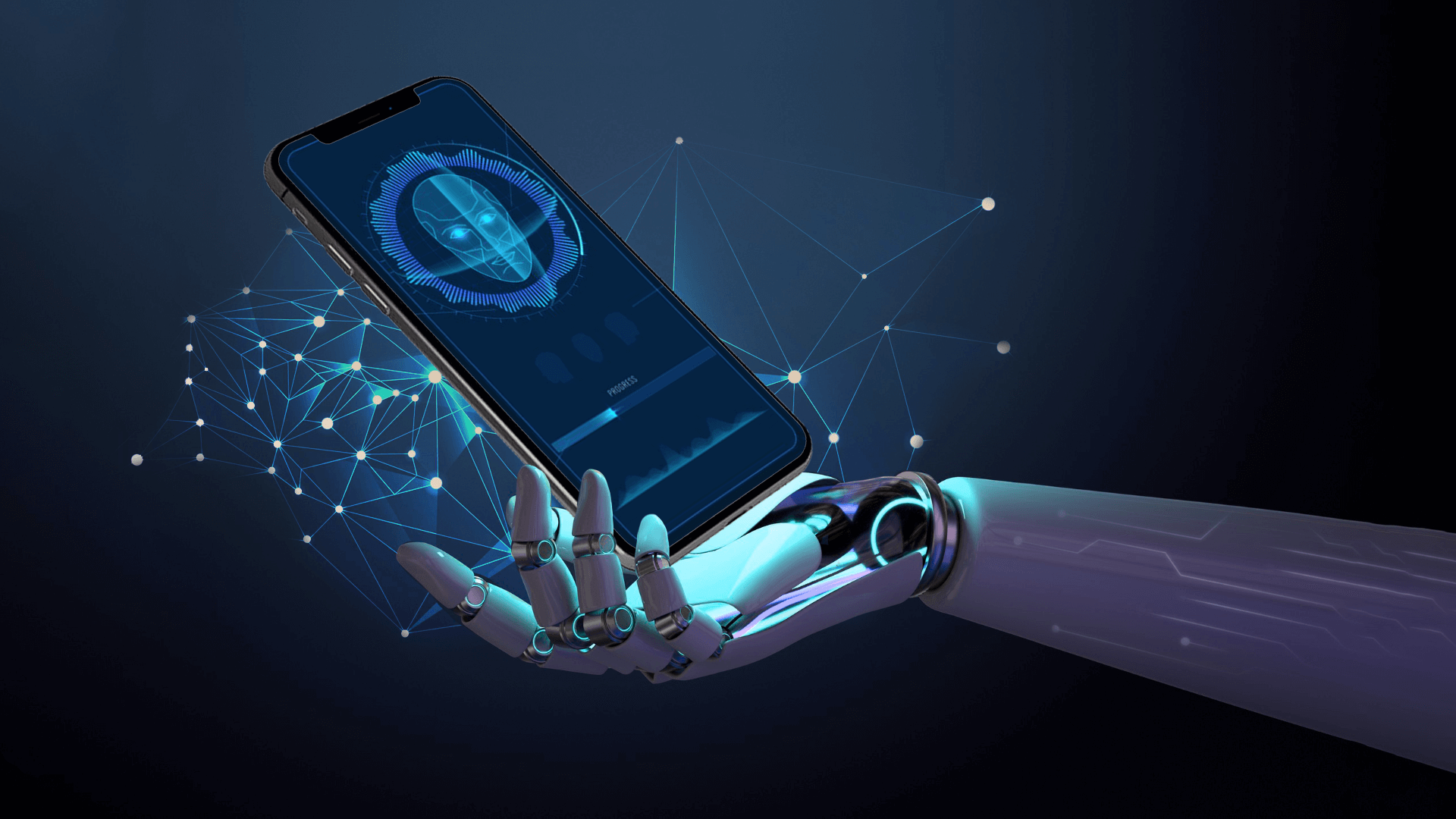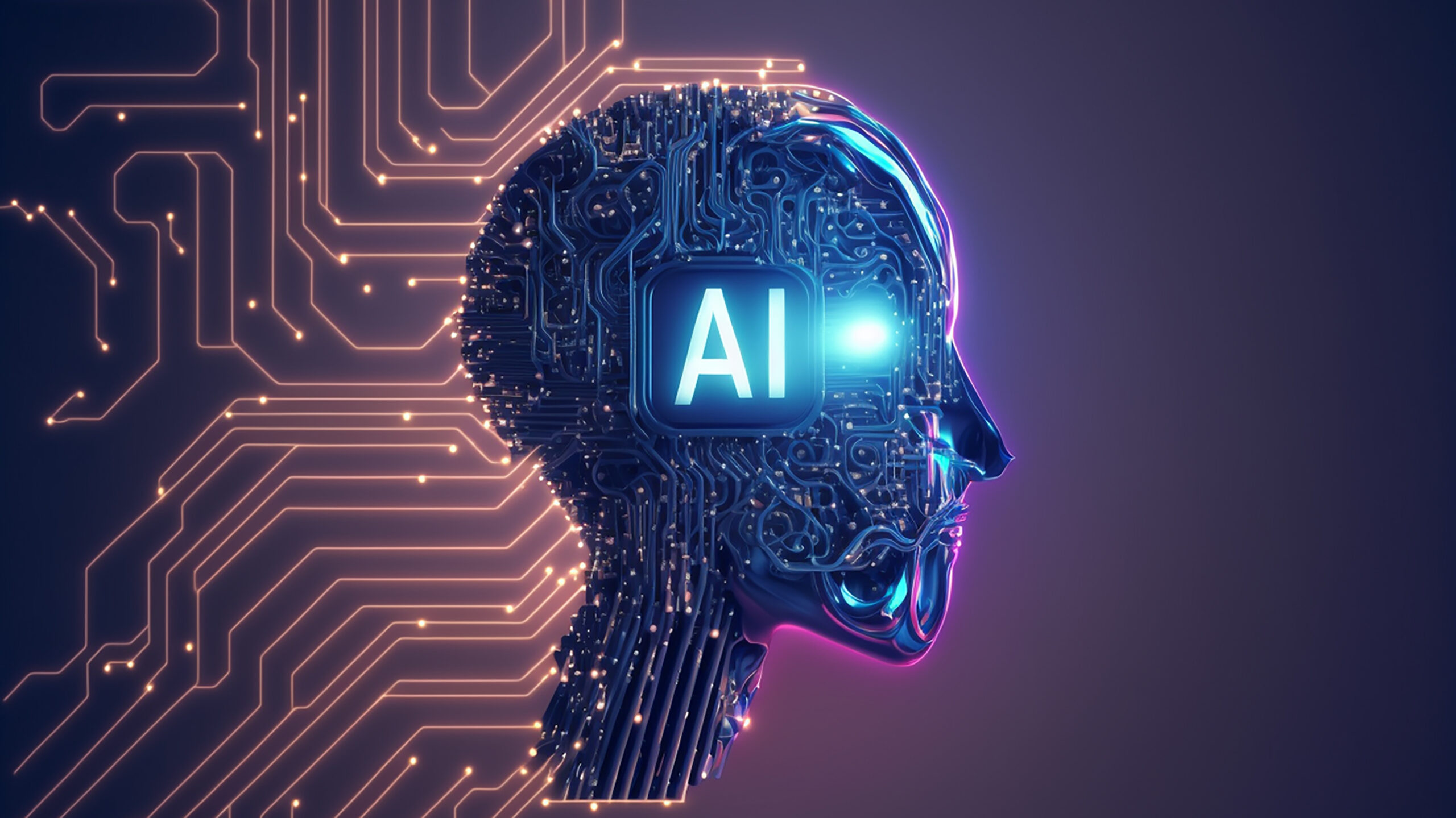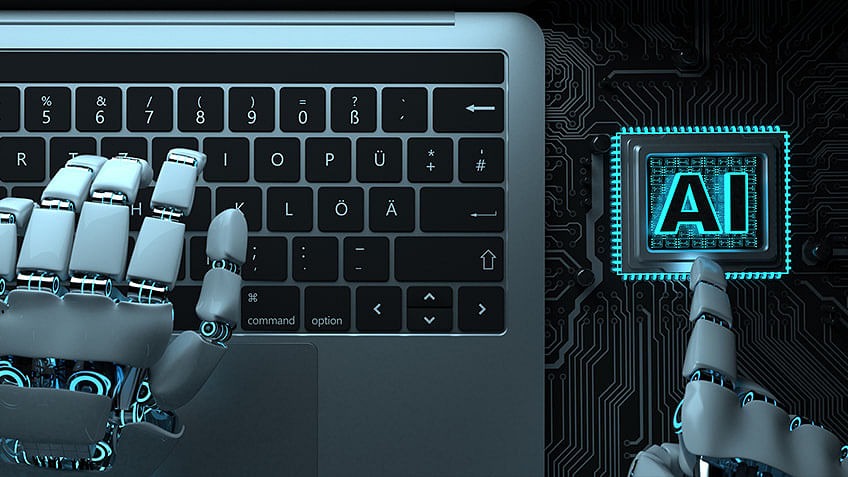Introduction to Mobile AI Apps
Mobile AI applications have become increasingly prevalent in today’s digital landscape, marking a significant advancement in technology. These apps utilize artificial intelligence (AI) to perform a variety of tasks, enhancing both personal and professional experiences for users. By integrating machine learning algorithms, data analysis, and user-centric interactions, mobile AI apps are revolutionizing how we approach everyday challenges and streamline our daily activities.
As smartphones have evolved into essential tools in our lives, the rise of mobile AI apps has further transformed these devices into powerful assistants capable of executing complex tasks. From virtual personal assistants like Siri and Google Assistant to more specialized applications in fields such as finance, healthcare, and education, the functionality offered by mobile AI apps is expansive. These applications not only aim to simplify routine processes but also enhance decision-making by providing insights that were previously unimaginable on handheld devices.
The significance of mobile AI apps is underscored by their ability to adapt to user behavior and preferences over time. Machine learning enables these applications to continually improve, providing personalized recommendations and automating repetitive tasks. As a result, users can save valuable time and focus on more critical aspects of their personal and professional lives. Moreover, the incorporation of artificial intelligence in mobile platforms ensures that users have access to cutting-edge tools that enhance productivity and support their evolving needs.
In light of the heightened reliance on smartphones, the discussion surrounding mobile AI apps becomes increasingly pertinent. Whether it’s for simplifying communication, assisting with on-the-go decision-making, or enhancing organizational skills, these applications are poised to redefine our interactions with technology. Understanding the role of mobile AI apps in our daily routines provides a foundation for appreciating the ongoing evolution of artificial intelligence in our everyday lives.
Everyday Applications of AI in Mobile Technology
The integration of artificial intelligence (AI) into mobile technology has significantly transformed our daily experiences. From personal productivity to health management, mobile AI applications have become indispensable tools that streamline tasks and enhance user experiences. One of the most recognizable applications is the virtual assistant, found in systems like Apple’s Siri and Google Assistant. These AI-driven voice assistants facilitate scheduling appointments, setting reminders, and answering queries, effectively serving as a personal aid that enhances efficiency in daily routines.
Health and fitness tracking applications also exemplify the practical use of AI on mobile devices. These apps utilize algorithms to monitor physical activities, caloric intake, and even sleep patterns, providing users with tailored insights and recommendations. For instance, applications such as MyFitnessPal and Fitbit leverage AI to analyze user data over time, helping individuals to achieve their health goals more effectively. The actionable feedback offered by these apps fosters a sense of accountability, motivating users to maintain healthier lifestyles.
Moreover, AI-powered language translation apps, like Google Translate, have greatly improved communication across linguistic barriers. These applications employ advanced machine learning models to provide near-instantaneous translation services, enabling users to converse with others who speak different languages seamlessly. This capability makes travel and international business interactions far more manageable, thus expanding global connectivity.
Smart photo editing tools represent another area where AI enhances user creativity and productivity. Applications such as Adobe Lightroom and Facetune employ AI algorithms to suggest edits, automatically adjust lighting, and enhance color, simplifying the editing process for both amateurs and professionals alike. By minimizing the technical skills required, these tools empower users to produce high-quality content that resonates with their intended audience.
Benefits of Using AI-Powered Mobile Apps
AI-powered mobile applications have transformed the landscape of how individuals interact with technology, providing numerous benefits that cater to a wide array of user needs. One of the most significant advantages is increased efficiency. By automating various tasks, these applications enable users to accomplish their goals more swiftly than ever before. For example, AI-driven task management apps can prioritize activities based on urgency and personal preferences, streamlining workflows and reducing time spent on mundane tasks.
Personalized user experiences are another notable benefit of AI-enabled applications. These platforms utilize machine learning algorithms to analyze user behavior and preferences, offering tailored recommendations that enhance user satisfaction. Whether through adaptive learning in educational apps or customized content curation in media platforms, such personalization fosters deeper engagement and encourages users to explore more robust features.
Moreover, AI applications aid in improved decision-making by providing data-driven insights. For instance, financial management apps leverage AI to analyze spending patterns and suggest strategies for budgeting effectively, ultimately empowering users to make informed financial choices. This application of AI not only aids in better outcomes but also nurtures a proactive approach to personal and professional development.
Accessibility is also enhanced through the deployment of AI-enabled mobile apps. These technologies have democratized access to advanced solutions that were once limited to specialized professionals. Today, individuals from varying backgrounds can harness the power of AI to manage health monitoring, fitness tracking, and language translation effectively. This widespread availability serves to reduce barriers and fosters an inclusive environment where technology serves a broader audience. Overall, AI-powered mobile applications represent a powerful convergence of technology and user-centric design, ultimately making everyday tasks more manageable and efficient.
The Future of AI in Mobile Applications
The landscape of mobile applications is evolving rapidly, driven by continuous advancements in artificial intelligence (AI). As AI technologies become more sophisticated, we can anticipate significant innovations in mobile applications that will profoundly impact user experiences. One of the most significant trends is the enhancement of natural language processing (NLP). Improved NLP capabilities will enable more intuitive interactions between users and mobile apps, allowing for seamless voice commands and more contextual understanding of user queries. This shift will lead to applications that can better anticipate needs, ultimately leading to a more personalized user experience.
Another important aspect of the future of AI in mobile apps is the integration of advanced neural networks. These networks will facilitate the analysis of vast amounts of data more efficiently, enabling apps to learn and adapt over time. As a result, mobile applications will become increasingly capable of offering tailored recommendations and features that align with individual preferences. This level of personalization will extend beyond content recommendations to encompass everything from health and fitness tracking to budgeting and financial planning assistance.
The ongoing rollout of 5G technology is poised to significantly enhance mobile AI applications as well. With faster data transfer speeds and lower latency, users will benefit from more responsive and real-time AI features. Augmented reality (AR) applications, for instance, will become more integrated with AI, providing immersive experiences that transform how users interact with their environment. However, as these advancements unfold, it is essential to consider the implications for privacy and data security. Striking a balance between delivering personalized experiences and protecting user data will be critical in shaping the future of mobile AI applications.
In conclusion, the prospects of integrating artificial intelligence into mobile applications are boundless. Ongoing trends in NLP, sophisticated neural networks, and the capabilities presented by 5G technology herald a new era of mobile apps that are more personalized, responsive, and capable of transforming daily interactions.






